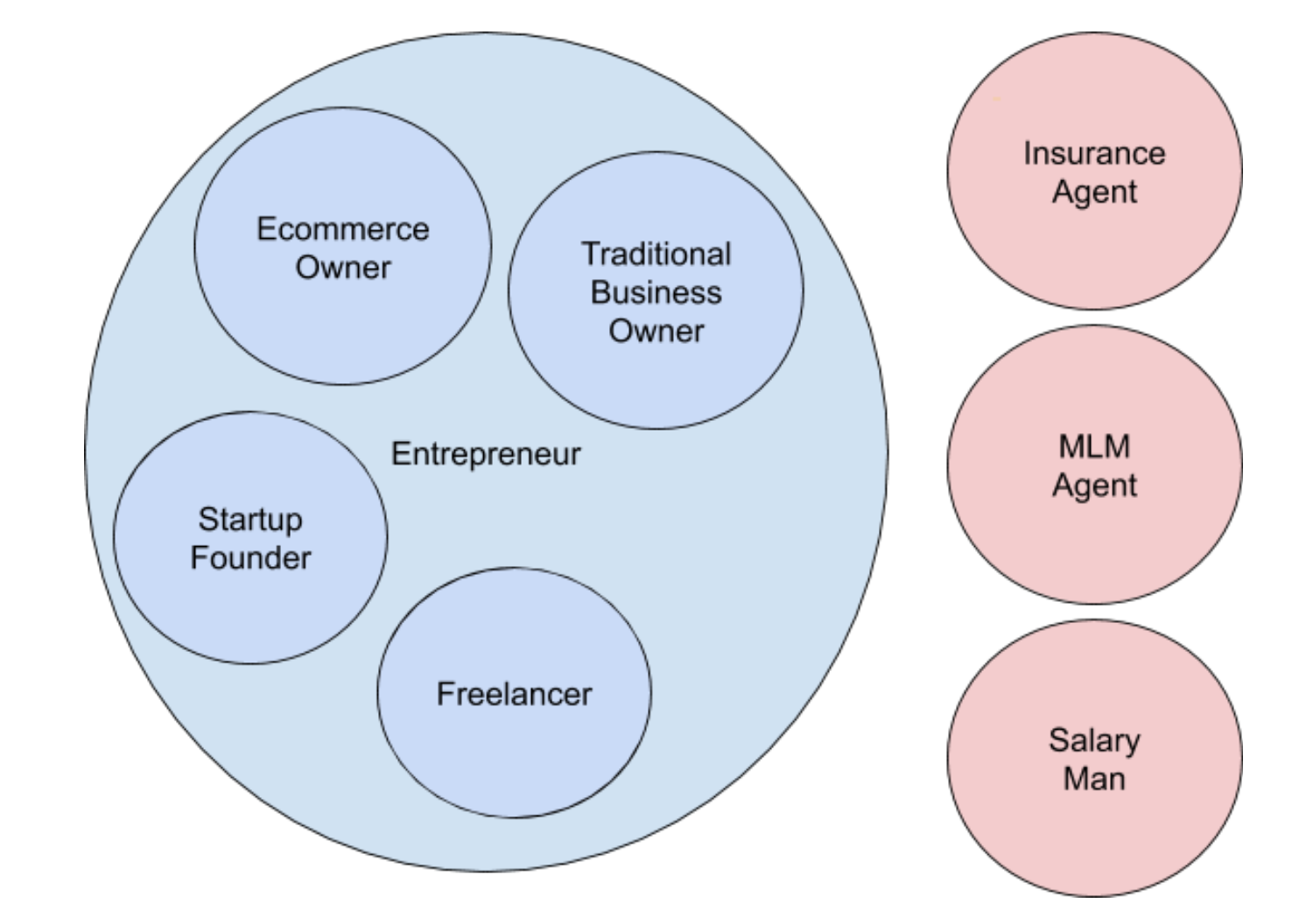Startup - exiang/startup-resources GitHub Wiki
One should not too worry about the definition, as startup itself is dynamic and fast changing, so is the definition. But from government, legal or programmer's perspective, things is hard to control without a de-facto definition.
Hereby, this is my definition:
- Incorporated not more than 5 years
- Up to revenue and/or investment size of MYR20mil (since ideation to current stage)
- Innovation driven and disruptive
- Technology enabled
- Scalable business model (Exponential grow)

Image from Startup Commons: What's a Startup
It's important to know that there still no standardized definition for this term from the industry to date.
The origin of the term "startup" is first appear in Forbes magazine 1976:
The OED traces the origins of the term, used in its modern sense, back to a 1976 Forbes article, which uses the word as follows: “The ... unfashionable business of investing in startups in the electronic data processing field.” A 1977 Business Week article includes the line, “An incubator for startup companies, especially in the fast-growth, high-technology fields.
Forbes:
Companies are considered startups when they are: Searching for a product and a business model, Using venture capital financing, Innovation, Focused on rapid, scalable growth, Formally adopt or exhibit aspects of startup culture.
The Lean Startup:
A startup is a human institution designed to deliver a new product or service under conditions of extreme uncertainty.
Y Combinator:
A startup is a company designed to grow fast.
Startup Commons:
A Startup is a team of entrepreneurial talent developing new innovations, in identifiable and investable form, in progress to validate and capture the value of the created innovation - with ambition to grow fast with scalable business model for maximum impact.
Startup Genome:
A technology-enabled business that is less than 10 years old. Steve Blank defines a startup as a “temporary organization in search for a repeatable and scalable business model.”
Tech Nation:
A young business venture, under about 5 years old, with innovation at the core of their product or service offering, and plans to rapidly scale. Their business model often aims to be disruptive to incumbent sectors. Startups often share cultural similarities in working practices, conventions and ambition.
Entrepreneur here in the startup context means startup founders. Unlike the term 'startup', entrepreneur is the individual person who run a startup (company).
Entrepreneur is a widely misused term, probably because it sounds cool, nowadays insurance/MLM/property/whatsoever agent, Ramli burger seller, freelancer, youtuber & etc all call themselves entrepreneurs.
